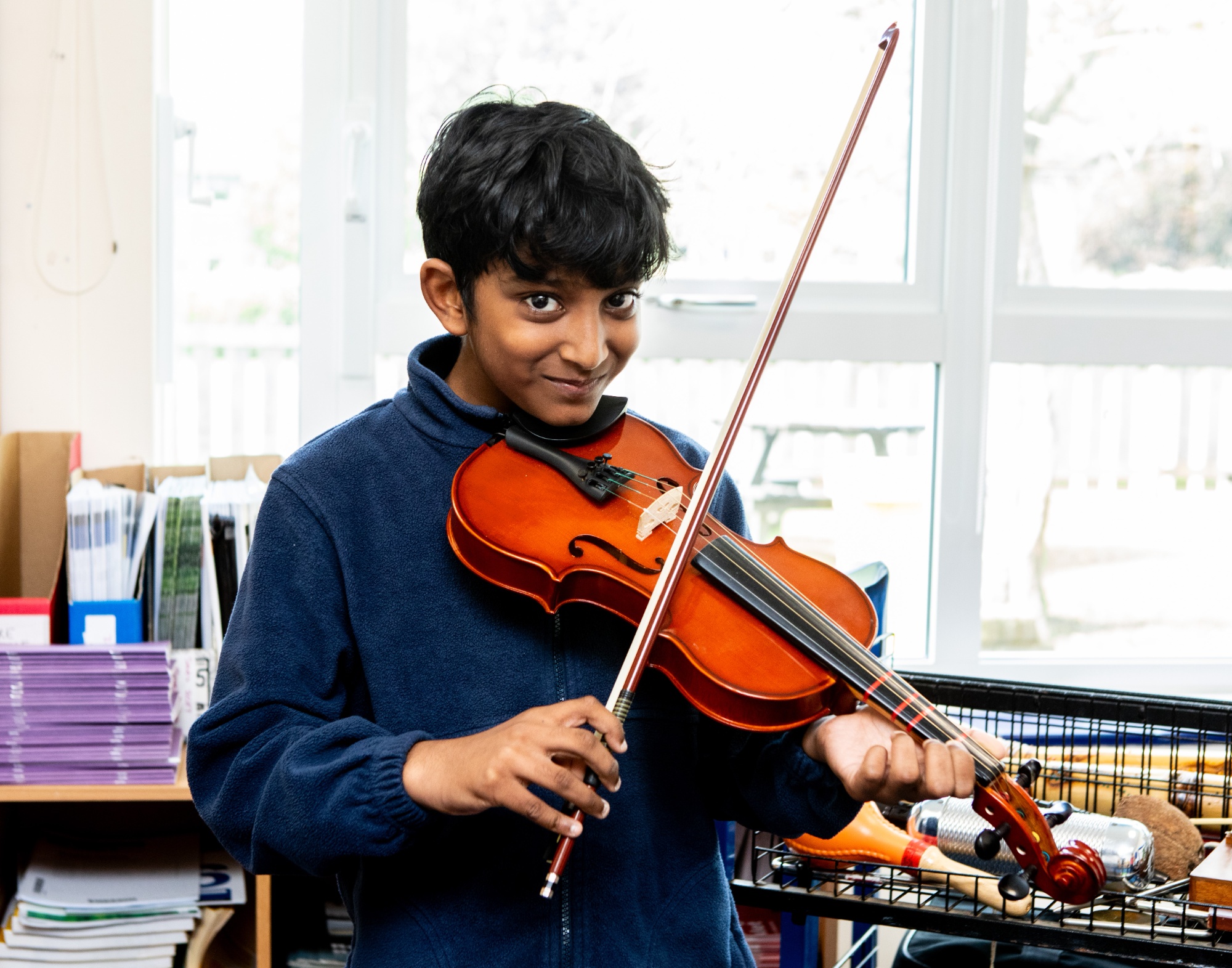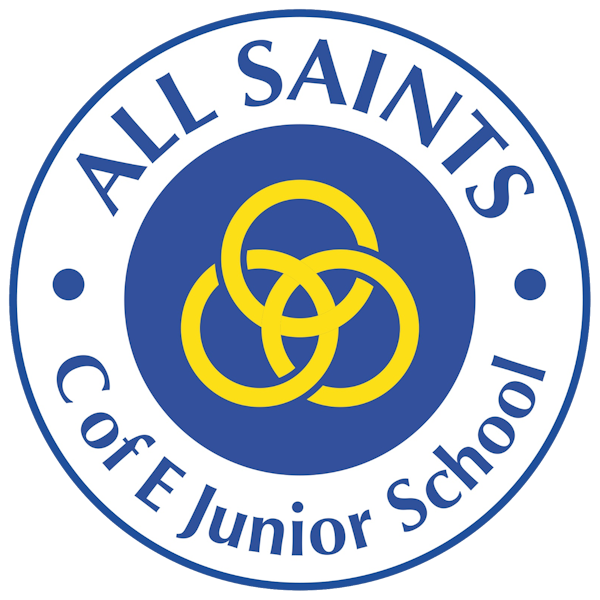Curriculum
Aim:
Our school’s vision, is to promise our children that they will be in a place where they will learn to believe in themselves, grow as individuals and achieve their academic potential ‘like a spring of water that never goes dry’ (GNT Isaiah 58:11). We want to fulfil this aim so that our children will be equipped to be independent, lifelong learners ready to face the challenges of an ever-changing world.
Our curriculum is designed to enhance and develop the pupil’s confidence, cultural capital and academic skills, so that they can make positive decisions about their education, employment and lifestyle. Reading is at the heart of our curriculum and specifically chosen literature allows our children to develop their understanding of context and vocabulary, build their fluency when reading and improve their comprehension skills.
The curriculum reflects the diversity we are lucky to have within the school and aims to immerse them in experiences and events within their local community, nationally and internationally.
The curriculum is well sequenced, ensuring that children acquire and remember essential knowledge and develop the skills to put their knowledge into practice.
How we try to achieve the curriculum:
To achieve this aim, we are committed to high quality professional learning for teachers and teaching assistants that focus on what makes great teaching, subject knowledge development and checking for understanding. Curriculum is driven by the Senior Leadership Team who support individual subject leaders. Our subjects are taught discretely, but links are made where there is natural alignment to ensure that children develop their skills to make connections and build their general knowledge.
The role of the teacher is to inspire and support learning through clear delivery, strong links and proficient checking for gaps in understanding. A growing understanding of the cognitive load theory and Special Educational Needs, empowers our teachers to plan appropriate scaffolds for their pupils, ensuring they can succeed in the given task. Our teachers model their thinking by tracking their thoughts and language aloud, repeating specific vocabulary. They limit their teaching input, allowing pupils time to practise and develop.
We give children many different enrichment opportunities through carefully chosen trips and workshops. Performances are planned for each year group at All Saints Church throughout the year to give the children an opportunity to experience a sense of achievement and shine! In addition, our curriculum is supplemented by a variety of school clubs, such as, reading club, gardening club, sewing club and various sports clubs. We ensure All Saints is represented in many different sports festivals and competitions, giving our children an opportunity to try new sports in both a non-competitive environment and a competitive environment.
Is it working?
If children have learnt the curriculum, then they are making progress. Children should finish each year knowing more and remembering more, which should be reflected in the outcomes that pupils achieve as a result of the education they have received appropriate to the individual.
Progress meetings take place through the academic year and staff talk together about each child in the school. We use a range of resources to support our judgements, but always consider Age-Related Expectations. We report on progress at full Governor Body Meetings, Education meetings, Oxford Diocese Board of Education and Oxford Diocese School’s Trust. Parents are kept informed of their child’s progress via written reports and parent meetings.
However, we recognise that a good education is more than an academic education.
We want to be able to see that they can decide what is right and what is wrong and be resilient to the influence of others. In this way, we will have prepared them to go out into the world and make a difference in their own lives and to the lives of others.
We measure the impact of this area of education not just by the work our children produce, but in the behaviours we see in daily school life. We do this through casual and formal observations and conversations with our children. Observations might be on the playground, in the classrooms, and in the many roles we give them. Conversations will be part of our pupil voice talks with the children or group of governors/ODST school improvement advisors.
At the end of each topic, staff reflect on the impact of the curriculum. We look at aspects that need further development and reflect on areas that have proved highly effective. These inform our ongoing curriculum intent and future implementation.

